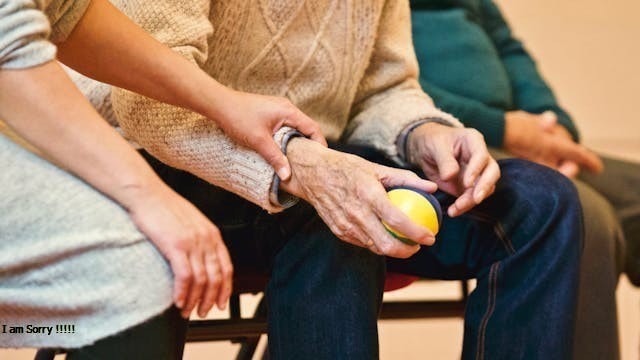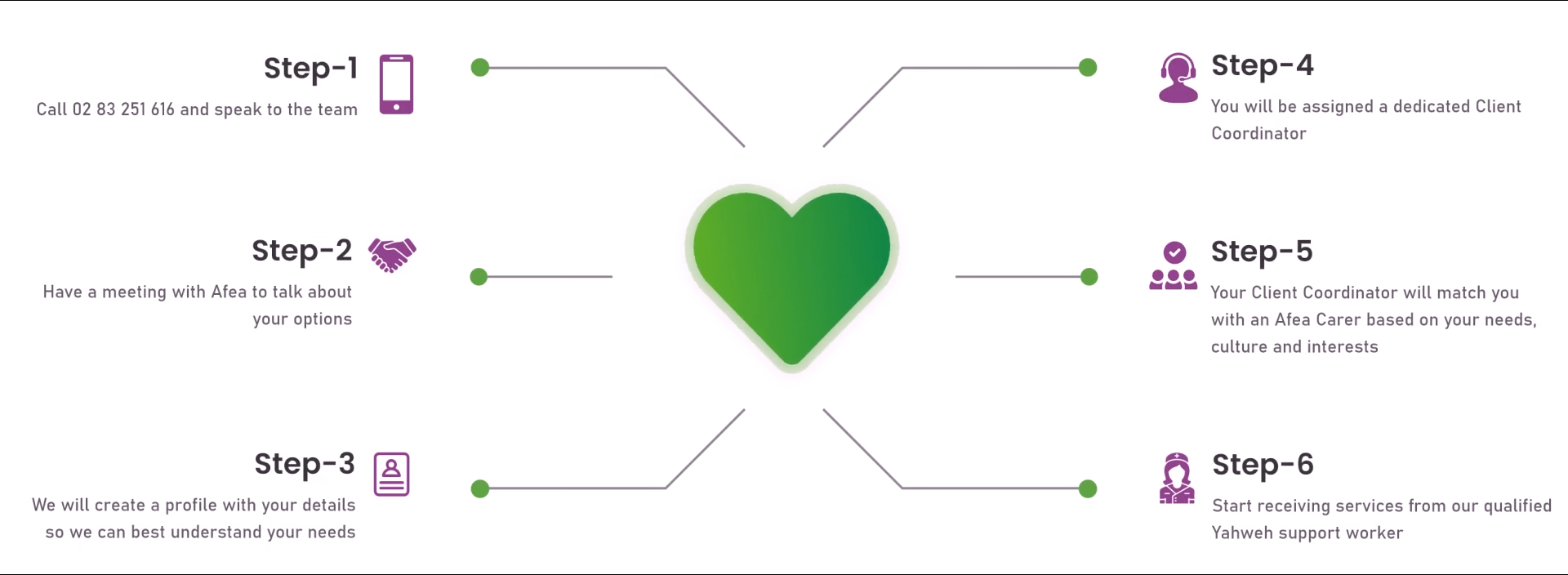SWITCH TO YAHWEH CARE
Providing care and holistic approach to NDIS participants aiming to create opportunities for you to live your best life.
Contact UsLet’s discuss the guide to essential hospital discharge care. Though hospitals are helpful to many people, not everyone wishes to visit them often.
As much as possible, they would avoid everything about it. But to those who are in need of hospital services, it is their safe place.
It is where they get hospital care and get treated for their medical condition. Especially to those who are struggling with chronic conditions, terminal illnesses, and psychological problems.
However, despite the hospital’s benefits, some individuals still do not prefer to stay there for a long period. Some prefer to get support care elsewhere.

Before leaving the hospital, it is essential to understand the necessary steps to take.
There are things that patients need to pay attention to, including some of the following:
It is important to take notes and ask necessary questions. Internalize the information and discuss with a health provider the following:
Depending on the condition, the doctor or medical health care provider provides patients with information about their health status. For those who underwent physical surgeries, the focus is physical limitations and mobility. For those who suffer from brain-related injuries, the focus is mental health problems.
These may include post-traumatic stress disorder, depression, anxiety, and so on.
Patients must understand that not because the hospital allows the discharge, it does not mean that they are healed. Therefore, follow-up care is necessary for a smooth transition from hospital care to home patient care or facility care.
Unfortunately, there are different types of follow-up care options that can be too overwhelming. It is vital that patients know and understand the type of follow-up care they need.
Some of the options they can consider include primary care, hospice attention, specialty care, long-term maintenance, and mental health assistance. If in case patients require two or more hospital discharge care, they must discuss it with their health care provider.

During a patient’s discharge, it is vital to take notes of the necessary medication. It is the most significant process towards recovery.
Patients must know what types of medications they require.
They need to know how many dosages they should intake, the schedule of when they should take it, as well as the medications that require disposal. Patients must also pay attention to the medication’s side effects so they can seek help immediately if they experience an issue. Patients who require physical therapy should know the restrictions on how far they can push their physical limitations.
As for mental health counseling or therapy, patients should consider the specifics of the therapy they need. These may include massage therapy, cognitive-behavioural therapy, occupational therapy, sensory integration therapy, and so on.
Doctors or hospital staff advise their patients after discharge. In case they need to use medical equipment, patients should follow instructions on carefully using a device or equipment.
They should not make unnecessary decisions to remove, limit the use of the device, or use any alternatives without the health care professional’s approval. If patients have a caregiver, they both should plan ahead and list the things that patients would need.
These include hospital beds, wheelchairs, diapers, oxygen, disposable gloves, cranes or walkers, shower chairs, portable toilets, bandages, and so on.
During the discharge process, patients must ask health care professionals about what food they should eat and avoid.
It is vital for patients to understand that limitations of food intake are necessary for the mind and body. Food portions and types are vital for fast recovery.
It is best to stick to a balanced diet and avoid foods that are salty, high in saturated fat, high in sugar, and contain refined carbohydrates and processed ones.
Drinking plenty of water is necessary, so patients should stick with that.
Healthcare professionals will always secure the dos and don’ts after hospital discharge.
However, in case they fail to tell patients something, it is crucial to ask for necessary information regarding physical activities to avoid. Since patients are still in the process of recovery, doctors and medical care provider may enumerate the list of things that patients should not physically do.
By all means, some of these are understandable and easy-to-follow instructions. Patients should not continue exercise or a high-intensity workout without a doctor’s approval.
Though these are helpful in some ways, they can complicate some medical conditions that require less mobility.
During hospital discharge, medical professionals may suggest that patients continue their recovery in an in-home care or nursing facility. This may be a great idea for those patients who require extra care and home care and 24/7 disability support services. Patients would not have to worry about their caregivers and what type of care they would need because it would be handed out.
However, before considering a nursing home, patients must set out a realistic expectation of how support health services work in providing hospital discharge care.
They should discuss the advantages and disadvantages of nursing facilities and learn how it can impact their recovery. Patients should also consider follow up appointments to know if they require unplanned readmissions.
During a hospital discharge care, patients should consider their condition. Depending on their health status, they may choose to stay in the comfort of their home or go to another home or nursing facility for further care and assistance.
Patients should also consider the benefits and inclusions offered by care providers when choosing a provider. It is crucial to look into the capabilities and skills that caregivers have.
That way, patients can ensure a safe, reliable, and smooth recovery process after the hospital discharge.
Providing care and holistic approach to NDIS participants aiming to create opportunities for you to live your best life.
Contact Us


